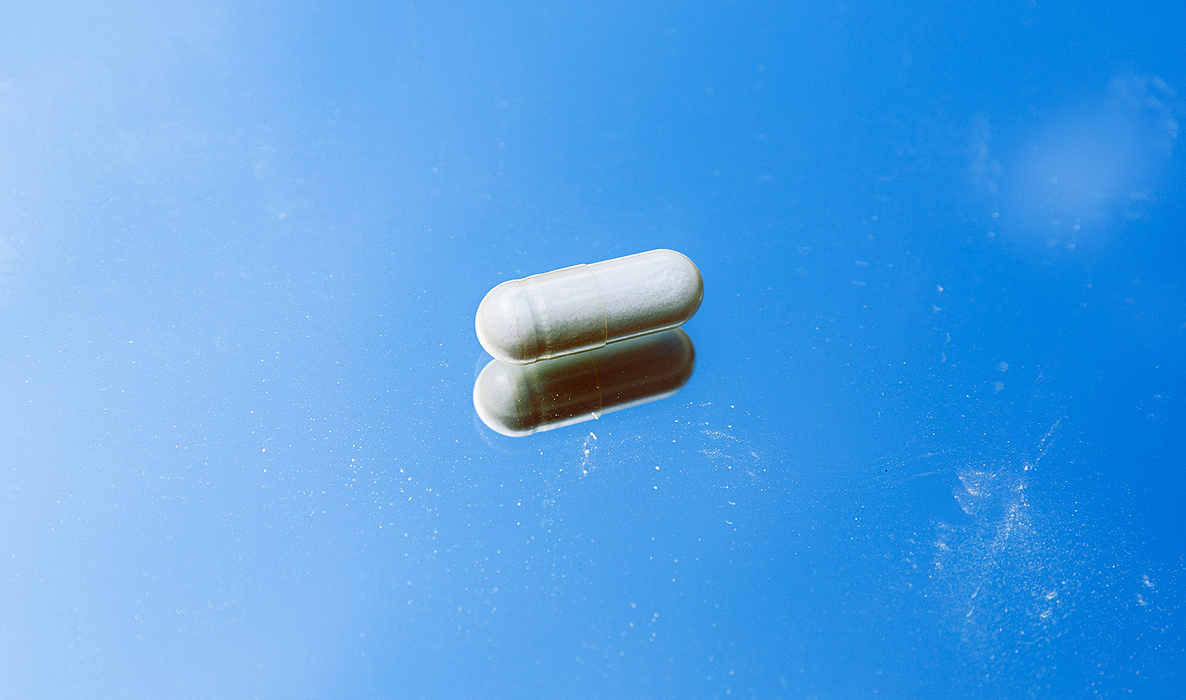The term bioidentical hormones has become increasingly popular in recent years, especially amongst those seeking alternative treatments for hormone imbalances. As many turn to these remedies, it’s vital to understand the doses and potential side effects associated with them. This article delves into common doses of bioidentical progesterone and the signs that may indicate an excessive amount in the body.
What are Bioidentical Hormones?
Bioidentical hormones are laboratory-made hormones that are chemically identical to those the human body produces. Progesterone, for instance, is one of the hormones that can be made into a bioidentical form to treat certain hormonal imbalances in women, especially during menopause or for those who have specific conditions affecting their progesterone levels.
Common Doses of Bioidentical Progesterone
The doses of bioidentical progesterone can vary based on a patient’s specific needs, medical history, and the purpose of the therapy. According to the cited articles, common forms and doses include:
- Capsules: Often prescribed in doses ranging from 100 to 300 mg daily, these are usually taken at bedtime.
- Creams and Gels: These are applied topically and may contain varying concentrations of progesterone. The actual dose can vary, but a typical range might be 20 to 40 mg daily.
- Vaginal Inserts or Suppositories: These can vary in their progesterone content, but a frequent dose might be 45 mg daily.
Always remember, the exact dosage and administration route should be decided by a healthcare provider based on individual needs and medical evaluations.
Signs of Too Much Bioidentical Progesterone
While bioidentical progesterone is designed to mimic the body’s natural hormones, there’s always a risk of side effects or symptoms related to excessive levels. Some of these signs include:
- Headaches and Fatigue: Prolonged and severe headaches or a persistent feeling of tiredness might indicate high levels of bioidentical progesterone. If you experience these symptoms, it’s crucial to inform your doctor, as adjustments in doses might be necessary.
- Mood Changes: Symptoms such as depression, anxiety, or irritability can sometimes be linked to elevated levels of progesterone.
- Bloating and Digestive Issues: Some users have reported feeling bloated or experiencing other gastrointestinal symptoms.
- Breast Tenderness or Pain: This is another common side effect that might suggest the dosage is too high.
- Irregular Menstrual Bleeding: Women might notice spotting or changes in their menstrual cycle.
- Joint or Muscle Pain: Some users have reported musculoskeletal discomfort related to progesterone use.
- Dizziness or Blurred Vision: Any issues related to vision or balance should be taken seriously and reported to a medical professional.
The Importance of Doctor Supervision
Bioidentical hormone replacement therapy, including progesterone, should always be administered under the guidance of a healthcare provider. Regular monitoring is essential not just to measure hormone levels, but also to ensure that the therapy isn’t causing undesirable side effects or health risks. Always be open and honest with your doctor about any changes you observe while on the therapy.
Bioidentical progesterone offers a promising alternative to traditional hormone therapies. However, like all medical treatments, it comes with potential risks. The key is to find the correct dose that provides therapeutic benefits without causing side effects. By understanding the common doses and the signs of excessive progesterone in the body, patients can better collaborate with their healthcare providers to ensure a safe and effective treatment regimen.
{ “@context”: “https://schema.org”, “@type”: “FAQPage”, “mainEntity”: [ { “@type”: “Question”, “name”: “What are bioidentical hormones?”, “acceptedAnswer”: { “@type”: “Answer”, “text”: “Bioidentical hormones are laboratory-made hormones that are chemically identical to the hormones produced by the human body. Progesterone is one of these hormones and can be made into a bioidentical form to treat hormonal imbalances in women, particularly during menopause or in those with specific conditions affecting their progesterone levels.” } }, { “@type”: “Question”, “name”: “What are the common doses of bioidentical progesterone?”, “acceptedAnswer”: { “@type”: “Answer”, “text”: “Common doses of bioidentical progesterone vary based on individual needs and medical history. Typical forms and doses include capsules (100 to 300 mg daily), creams and gels (20 to 40 mg daily), and vaginal inserts or suppositories (around 45 mg daily). The exact dosage and administration route should always be decided by a healthcare provider.” } }, { “@type”: “Question”, “name”: “What are the signs of too much bioidentical progesterone?”, “acceptedAnswer”: { “@type”: “Answer”, “text”: “Signs of excessive bioidentical progesterone include headaches and fatigue, mood changes such as depression, anxiety, or irritability, bloating and digestive issues, breast tenderness or pain, irregular menstrual bleeding, joint or muscle pain, and dizziness or blurred vision. It’s important to inform your doctor if these symptoms are experienced, as dose adjustments may be necessary.” } }, { “@type”: “Question”, “name”: “Why is doctor supervision important in bioidentical hormone replacement therapy?”, “acceptedAnswer”: { “@type”: “Answer”, “text”: “Doctor supervision is crucial in bioidentical hormone replacement therapy, including progesterone, to ensure safety and effectiveness. Regular monitoring by a healthcare provider is essential to measure hormone levels and to ensure that the therapy isn’t causing undesirable side effects or health risks.” } } ] }











